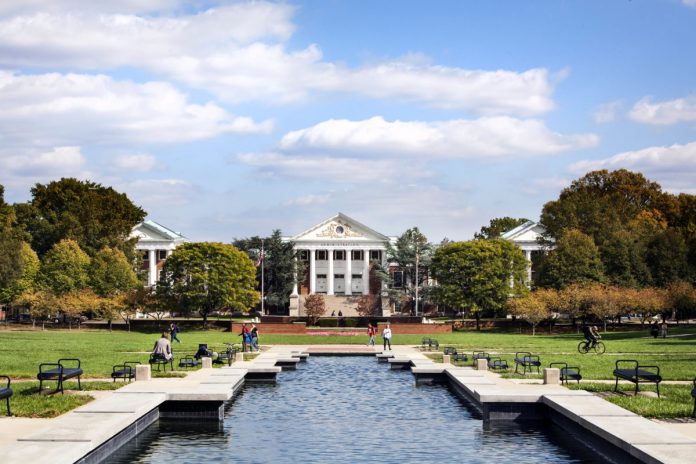Scientists led by the University of Maryland in the United States have designed a new type of cathode for lithium-sulfur batteries, which they say will push the promising battery technology to higher performance levels.
Lithium-sulfur is one of many routes being pursued by scientists looking to overcome limitations to today’s lithium-ion battery technology and to develop energy storage solutions that rely on cheaper and more abundant materials. But when used as a cathode material, sulfur tends to quickly lose performance after a small number of cycles and to dissolve into sulfides in the electrolyte.
Conductive carbon the key
The Maryland scientists discovered a way to boost both the energy performance and stability of the sulfur cathode, using various forms of carbon to prevent sulfur from bonding with chemicals in the electrolyte.
“We used the chemical bonding between sulfur and oxygen/carbon to stabilize the sulfur,” explained Chao Luo, lead author of the research. “This included a high temperature treatment to vaporize the ‘pristine’ sulfur and carbonize the oxygen-rich organic compound in a vacuum glass tube to form a dense oxygen-stabilized sulfur/carbon composite with high sulfur content.”
Using multiple microscope techniques, the group was able to confirm 60% sulfur content uniformly distributed across the cathode, with the carbon serving to prevent formation of polysulfides. “The formation of solid electrolyte interphase during the activation cycles completely seal the sulfur in a carbon matrix, offering superior electrochemical performance under lean electrolyte conditions.”
The group’s efforts are described in the paper A chemically stabilized sulfur cathode for lean electrolyte lithium sulfur batteries, published in Proceedings of the National Academy of Sciences.
Earlier in 2020, scientists at Australia’s Monash University took a similar approach to develop what they describe as “the world’s most efficient lithium-sulfur battery”, and has patented the manufacturing process it developed for this.
The group led by the University of Maryland is confident that its approach to cathode chemistry will lead to lithium-sulfur batteries capable of high energy performance and long cycle lifetimes, and that its work will open new ways for scientists to investigate chemical bonding with sulfur materials as a route for future innovations.






